The obscure Lìzé Theater 利澤戲院 is located in the village of Lìzéjiǎn 利澤簡 in Wujie, a rural township just east of Luodong in Yilan, Taiwan. Built in 1964, it once served as a cinema and playhouse, hosting a variety of films and live theater performances for the local populace before slipping into decline in the 1980s, a little earlier than most other theaters I’ve visited around the nation. Afterwards the theater was converted for use as a clothing factory but this also went out of business. Nowadays the building is more disused than abandoned, as descendants of the original owner are still making use of the structure for storage and other purposes. In a stroke of good luck I happened to visit while the door was open—and after communicating my interest in the history of old theaters in Taiwan I was invited in for a brief chat and look around. Each theater has its own story to tell—but in this case I was particularly interested in learning why a theater was built in such a small and seemingly unimportant village.
Although you wouldn’t know it by walking the length of the somnolent Lìzéjiǎn Old Street 利澤簡老街 today, Lizejian1 prospered as an important transshipment port in the late 19th century and early 20th century. The village is now located some distance from a bend in the Dōngshān River 冬山河 (now a popular park) but the northern end of the old street—where the theater is now located—was once right on the water. Sheltered from the sea by coastal dunes and a bend in the river, Lizejian was second in importance only to Wūshí Port 烏石港 in Yilan during the Qing dynasty era.
The town continued to prosper in the early Japanese colonial era, leading to the establishment of Lìshēng Hospital 利生醫院 in 1920. This beautiful western-style building houses a clinic that is still in operation today. It was actually through reading this excellent blog about the hospital that I first learned of the existence of this theater, which is immediately across the street. At a glance one might assume both buildings were constructed around the same time—but more than four decades of history separate the two.
Lizejian’s star began to fade with the arrival of the railway in nearby Luodong in 1919. Subsequent decades brought about the silting of the harbour, extensive flood-prevention projects along the riverbanks, and, by the late 1960s, the development of Su'ao into a major port. In this sense the construction of Lize Theater in the twilight of the town’s prosperity represents the ending of an era, not the beginning of a new one.
In recent years as domestic tourism has grown in Taiwan some effort has been undertaken to promote Lizejian as a leisure destination. As such, the exterior of the old theater has occasionally been tidied up, and sometimes even decorated with banners harkening back to the old days. It has also seen some use as a filming location, though the hospital across the street is often the focus of those efforts.
Despite growing interest in preserving heritage properties in Taiwan the fate of this classic theater is far from certain. As with many other family-owned businesses in Taiwan there appears to be little agreement among the descendants about what to do with the property. Unlike the hospital across the street is isn’t recognized as a heritage property and, as such, may be freely renovated or demolished, as was planned back in 2012. But from what I understand of the conversation with the man inside the theater at least some of the current owners would rather find a new use for the old theater than tear it down.
If you’re curious to read more about this small piece of Yilan history, Lizejian Old Street is the subject of many Chinese-language blogs, for example here, here, here, and here. I’ve sprinkled informative links throughout the post but if you’d like to read the best write-ups about local history I suggest perusing here, here, here, and here (all in Chinese, of course).
- Lizejian, as with many place names in Taiwan, ultimately derives from an Indigenous place name. In this case it was originally a settlement of the seafaring Kavalan People 噶瑪蘭族 known as Hedecanan, which apparently means “resting place” in their language (and perhaps “the place where the ships rest”). The first Hokkien-speaking settlers adapted this name into their own language without standardizing what characters were used until much later. As such, the port and settlement on the south bank of what was then known as Ka-lé-óan-káng 加禮宛港 (from “Kalewan” in the Kavalan language; with “káng” meaning “wide stream” as well as “port”) was often rendered as Kî-le̍k-káng 奇力港 (though I’ve also seen variations like 奇力簡 and 里德幹 floating around). Later on this was standardized as Lī-te̍k-kán 利澤簡, possibly as a result of some homonymy between kán 簡 and káng 港 in Hokkien. Most of this is just guess work, mind you; I’ve mostly been messing around with this Chinese-Taiwanese dictionary to try and piece together how Hedecanan became Lizejian. Corrections are welcome in the comments! ↩

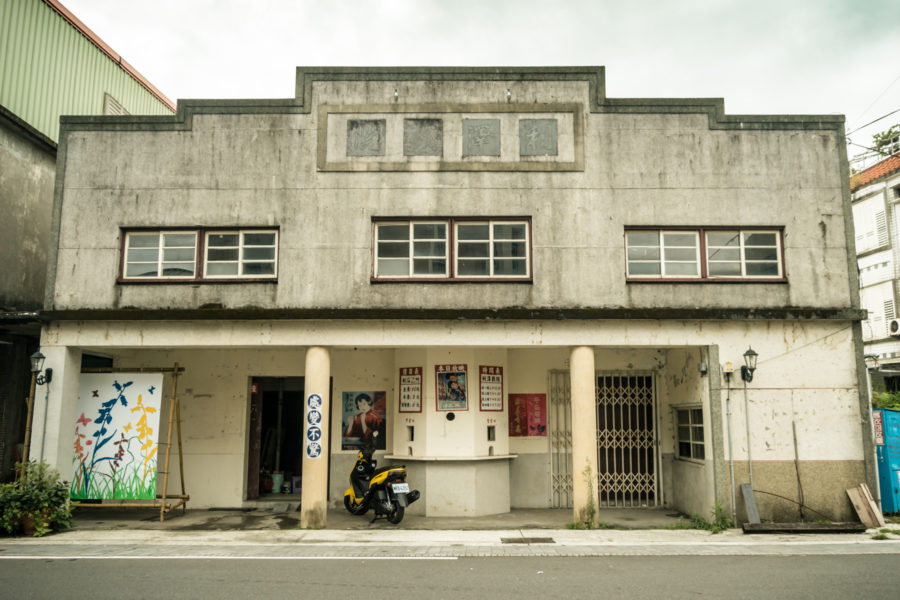
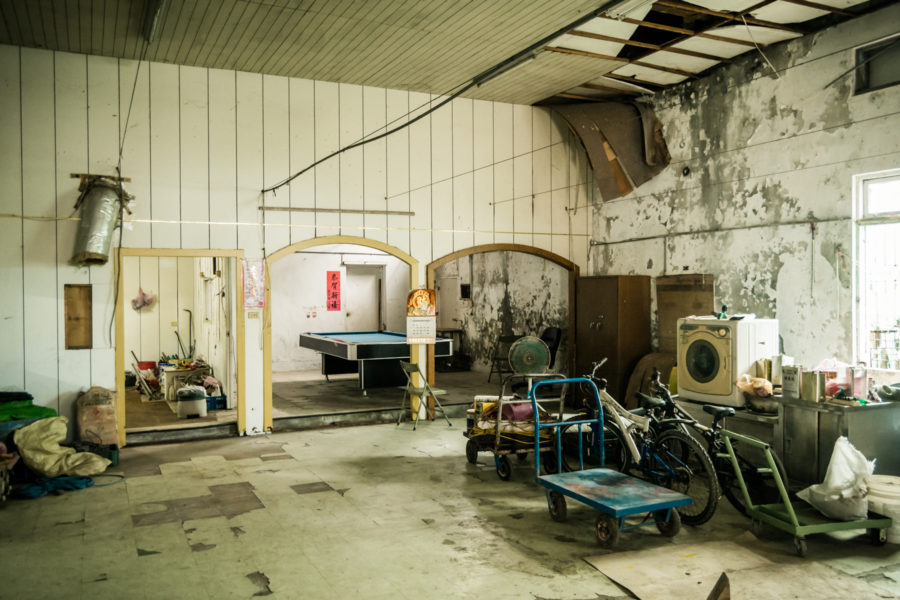
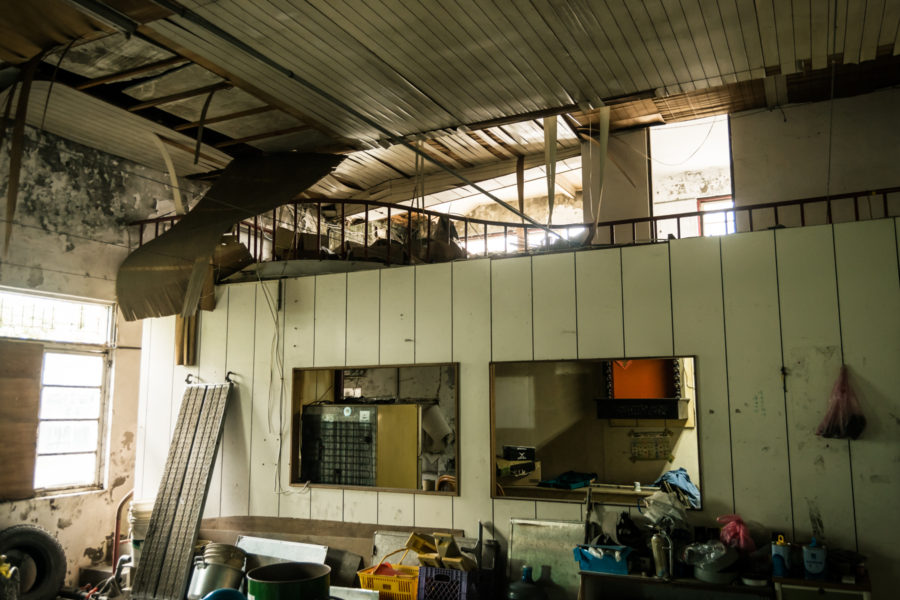
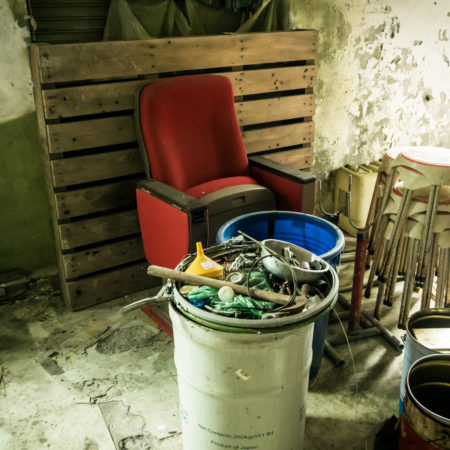
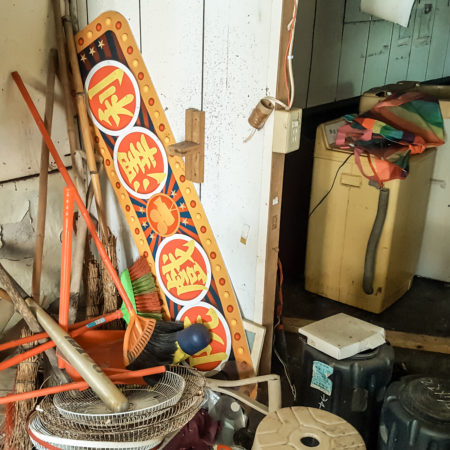
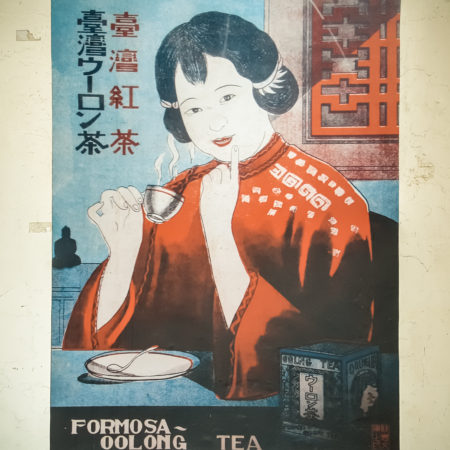
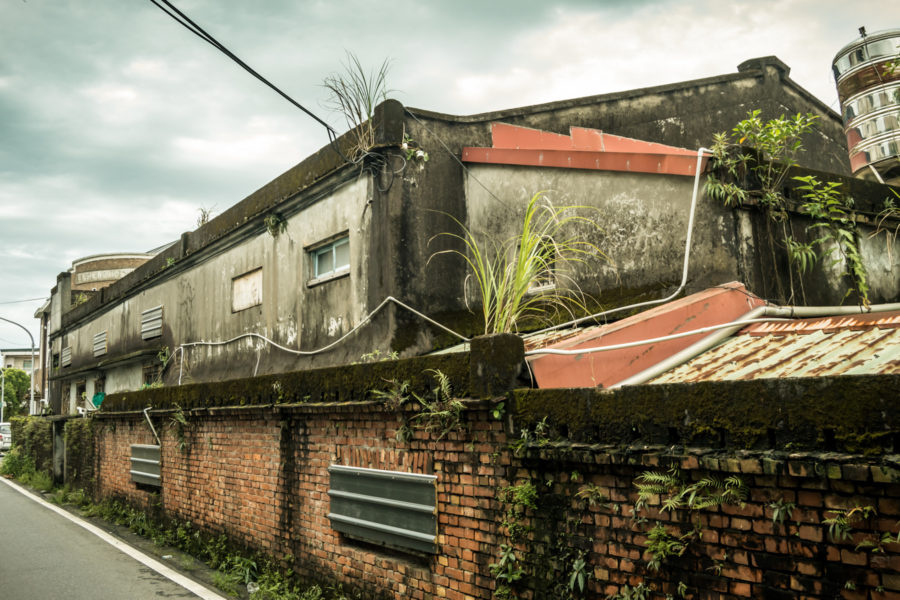
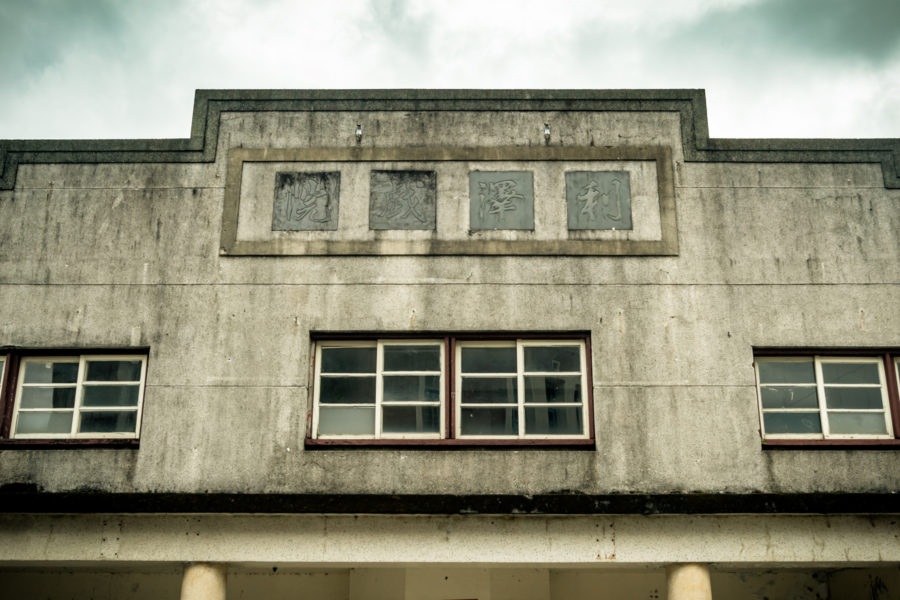
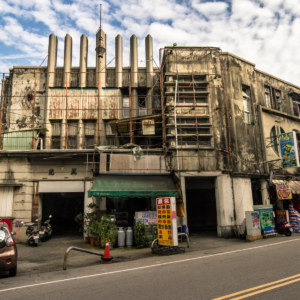
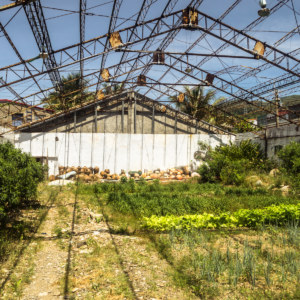
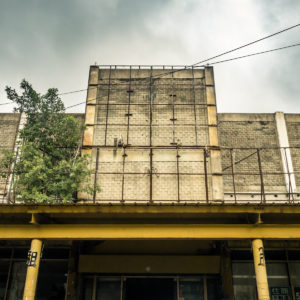
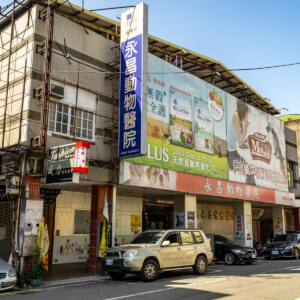
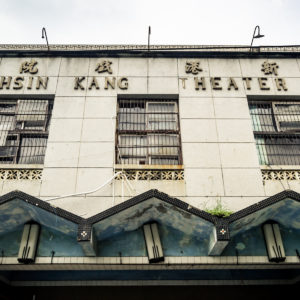
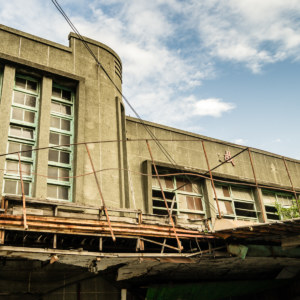
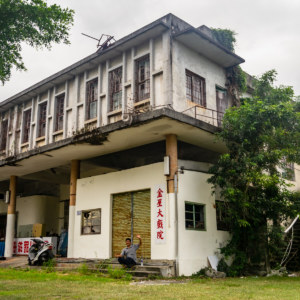
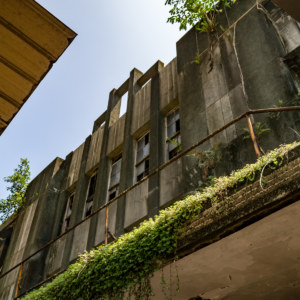
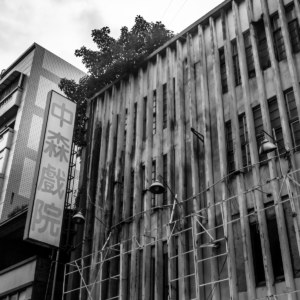
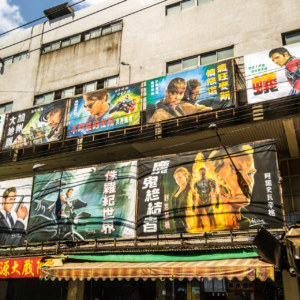
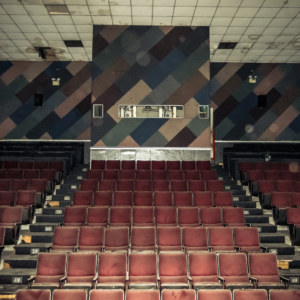
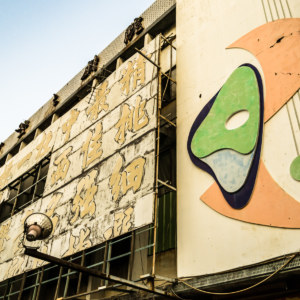
Write a Comment